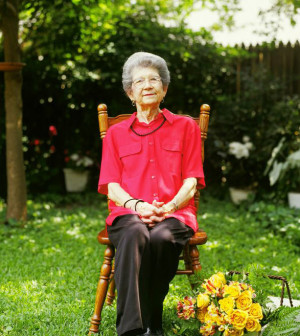- When in Life Are Folks Most Lonely?
- Staying Fit Boosts Kids’ Mental Health
- USDA Testing Beef Amid Bird Flu Outbreak in Dairy Cows
- Living Healthy Counters Effects of ‘Life-Shortening’ Genes
- Another Teen Vaping Danger: Toxic Lead, Uranium
- Man Nearly Died From Fentanyl-Linked Brain Disease
- 1 in 4 U.S. Women Will Have an Abortion in Their Lifetime
- Painless Skin Patch Could Deliver Vaccines to Kids
- Florida Dolphin Found Infected With Bird Flu
- 1 in 20 ER Visits Involve Homeless People
Trauma Center Closures Tied to Higher Death Risk for Injured Patients


The closure of trauma centers across the United States is putting patients’ lives at risk, a new study contends.
Trauma centers specialize in the care of severely injured patients. Over the last two decades, about one-third of the 1,125 trauma centers across the nation have closed, according to the University of California, San Francisco researchers.
The investigators examined data from more than 270,000 patients to assess the effects of the closures of three trauma centers in California between 1999 and 2009.
After a trauma center closed, patients who had to travel farther to reach the closest trauma center were 21 percent more likely to die in hospital than those who did not have to travel far for trauma care, the study found.
The risk of death was even higher — 29 percent — in the first two years after a trauma center closed, according to the study published March 13 in the Journal of Trauma and Acute Care Surgery.
Meanwhile, a shorter travel time to the closest trauma center was associated with a 17 percent lower risk of in-hospital death. However, a longer travel time was associated with a 14 percent higher risk of death.
Patients most likely to be affected by trauma center closures were young, had low incomes, were members of racial or ethnic minorities, and had Medi-Cal insurance, the study authors noted.
“This study confirms that when trauma centers close, people who live in the surrounding areas are more likely to die following an injury,” lead author Dr. Renee Hsia, an associate professor of emergency medicine, said in a UCSF news release.
“There have been an increasing number of trauma center closures in recent years, and these closures are associated with a higher risk of death in the affected communities,” added Hsia, who is also an attending physician in the emergency department at San Francisco General Hospital and Trauma Center and a faculty member of the UCSF Institute for Health Policy Studies.
More information
The American College of Emergency Physicians offers injury prevention tips.
Source: HealthDay
Copyright © 2024 HealthDay. All rights reserved.










